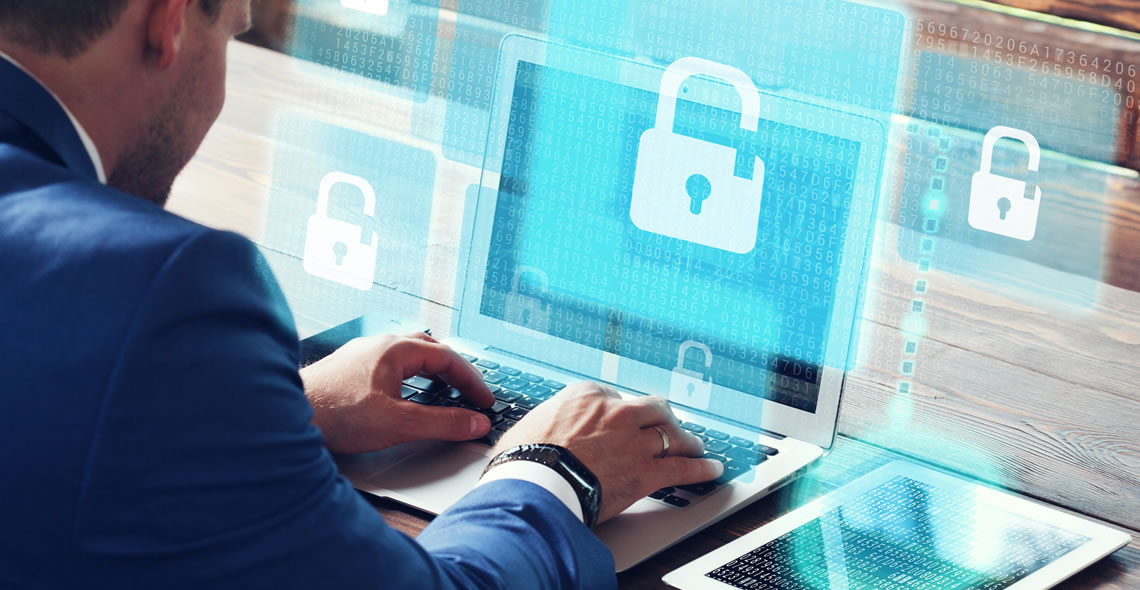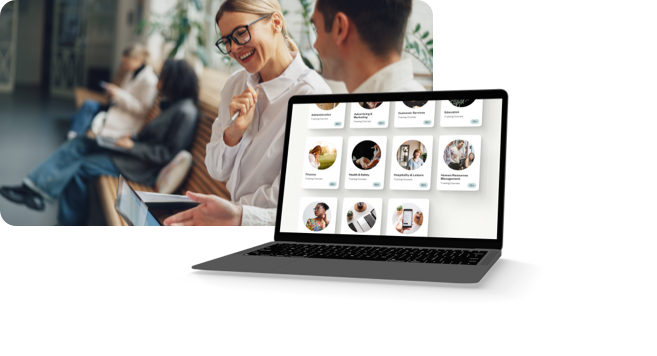
IT Security Certification
IT security training is essential for anyone using technology at work, home, or in education. Cyber threats are increasing in number and sophistication, making strong defences a top priority. It is no longer enough to rely on basic antivirus tools or simple passwords. Instead, employees and employers must understand how attacks happen, what weaknesses they exploit, and how to reduce risk in every environment.
This course provides a comprehensive introduction to IT security, exploring its history, objectives, and modern challenges. You will learn how hackers developed, how their methods evolved, and why IT security must constantly adapt. Moreover, you will examine real threats such as phishing, spoofing, direct attacks, and denial of service. The training explains the dangers of weak security and highlights the practical countermeasures required to defend systems. In addition, you will explore key protection methods, hardware considerations, and risk management strategies that apply to all organisations today.
Our IT Security training covers:
- The definitions, history, and principles of IT security
- Common threats including malware, phishing, spoofing, and denial of service
- How hacking has shaped the development of IT security legislation
- Essential protection methods such as firewalls, antivirus, and secure authentication
- Encryption, backups, monitoring, and disaster recovery planning
- Hardware security, USB threats, and intrusion detection systems
- Risk management steps including vulnerability scanning and audits
- Practical strategies to keep systems, networks, and data safe
Explore our full library of online training courses.

 Duration 3 hours
Duration 3 hours
 Modules 4
Modules 4
 Certificate of completion
Certificate of completion
 All major browsers and devices
All major browsers and devices
 This course is included as part of our multi-user learning packages.
This course is included as part of our multi-user learning packages.
Popular courses
Course FAQ
Who can take the IT Security Certification course?
There are no entry requirements to take the course.
What is the structure of the course?
The course is broken down into 4 individual modules. Each module takes between 15 and 45 minutes on average to study. Although students are free to spend as much or as little time as they feel necessary on each module.
Where / when can the course be studied?
The course can be studied study at any time and from any internet connected device
Is there a test at the end of the course?
Once you have completed all 4 modules there is a multiple choice test. The questions will be on a range of topics found within the 4 modules. The test, like the course, is online and can be taken a time and location of your choosing.







